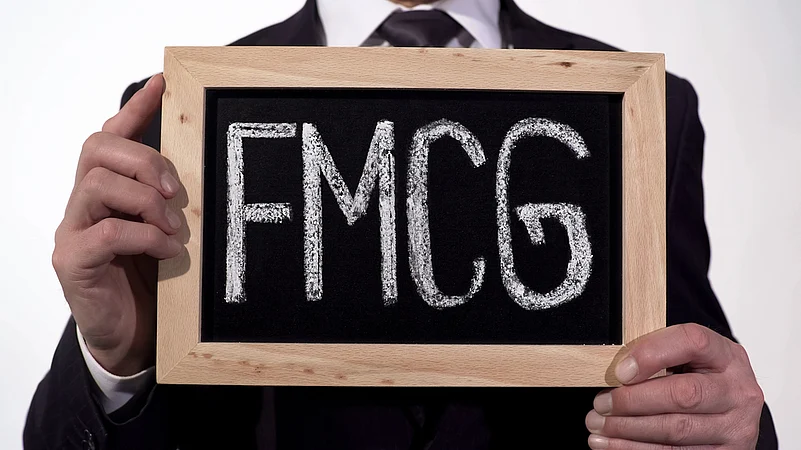According to ITC Ltd, the severity of the second wave of Covid-19 infections in India offers a significant challenge for the FMCG sector, and the virus's spread to rural regions on a far larger scale than the first wave is also likely to dampen the industry's development prospects. The virus has increased uncertainty about the timing and form of India's overall economic recovery trajectory, according to the company's Annual Report for 2020-21.
In terms of consumption, compared to the first wave, urban-led recovery may be subdued as consumers turn to cautious savings mode and growing healthcare expenses cut into household spending, while rural demand may also be muted by the second wave's large-scale spread of the virus to the hinterland.
"The severity of the second wave of Covid-19 infections in the country poses a key challenge and remains a key monitorable for the FMCG industry in the near term," the directors of the company said in the report.
There is a perceptible shift with consumers adopting a more precautionary saving approach with resources being set aside for medical needs. "The spread of the virus to rural areas on a relatively higher scale as compared to the first wave is also expected to weigh on the industry growth outlook," the report added.
Stating that ITC continues to monitor the "evolving situation", the company said it "will respond with agility to enhance its market standing while managing risks associated with the heightened uncertainties in the business environment."
While the supply chain is fully operational, constraints in the number of operating outlets and limited hours of operation continue to pose front-end challenges for the FMCG industry, it added. "Recent learnings in dealing with the pandemic spanning sales and distribution, supply chain operations, innovation, and product development will continue to be leveraged in this regard," the company said.
Commenting on the country's economic growth prospects, the company said while earlier estimates of India's GDP growth for 2021-22 ranged between 11 per cent to 13 per cent, "the ferocity of the second wave in India since February 2021 has adversely impacted economic prospects" .
"High-frequency indicators point to economic activity has fallen by (around) 25-30 per cent from nearly pre-Covid levels in February-March 2021. This has led to sharp downward revisions to the earlier growth projections by 200 to 300 basis points ," the company's annual report said.
Stating that "there is heightened uncertainty around the timing and shape of the recovery trajectory", ITC said, "a rapid scale-up in the pace of vaccination and gearing up of the healthcare infrastructure to mitigate the impact of possible future outbreaks would be critical going forward."
On the consumption side, ITC said, "urban-led recovery may be relatively muted compared to the first wave as consumers switch to precautionary savings mode and rising healthcare costs eat into household spending." The report further said, "rural demand, which remained strong in the Fiscal Year 2020-21, on the back of robust agricultural output, government support and reverses migration, may also be blunted by the large-scale spread of the virus to the hinterland in the second wave."
On the other hand, ITC said "less severe restrictions, a more prepared organized sector and a pick-up in vaccination coverage present some of the key mitigating factors going forward". The robust recovery in advanced economies and other emerging markets could provide the much-needed tailwind from an external demand perspective, it added.
The company, however, said even as the Indian economy faces multi-dimensional challenges in the short term, "it remains one of the most dynamic major economies in the world with huge potential". "With structural drivers of growth firmly in place, the pace of economic growth is expected to pick up over time," the report added.































